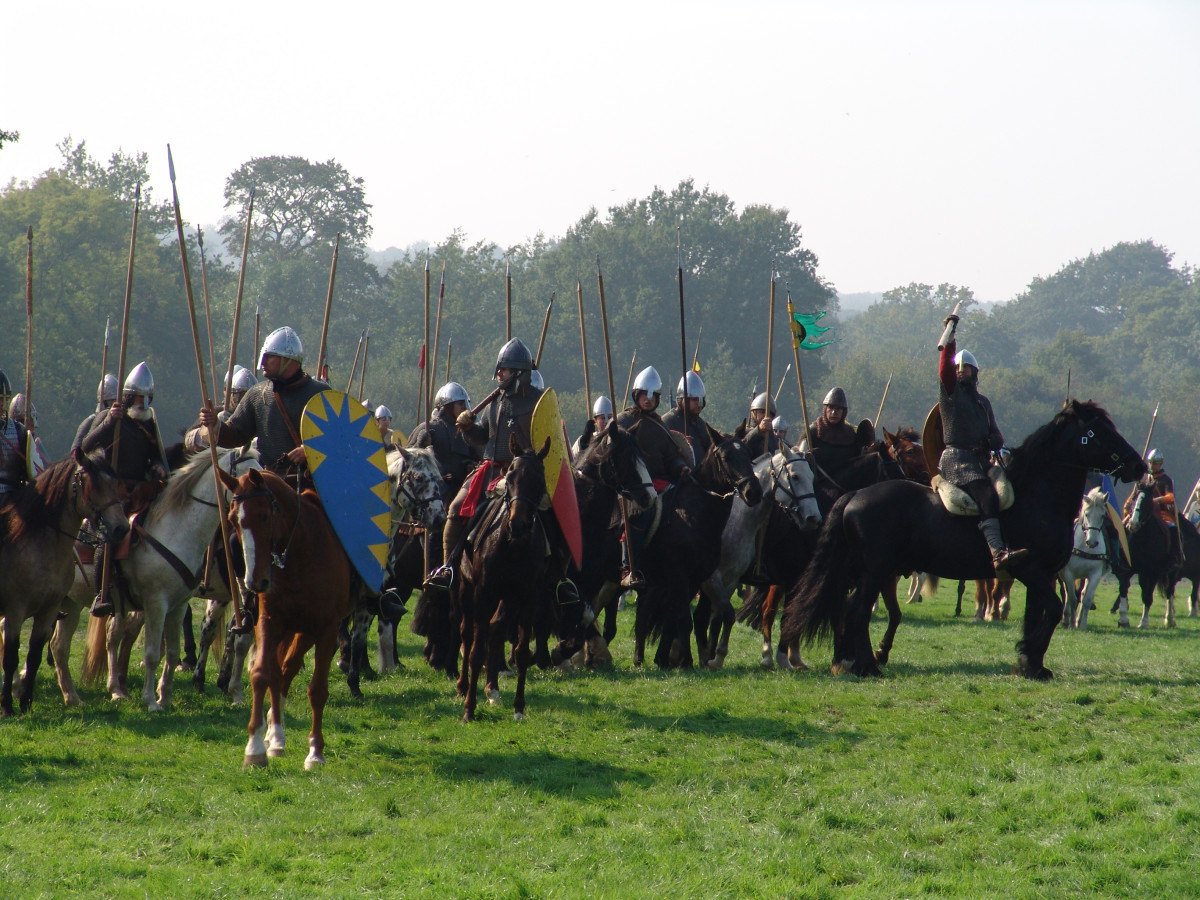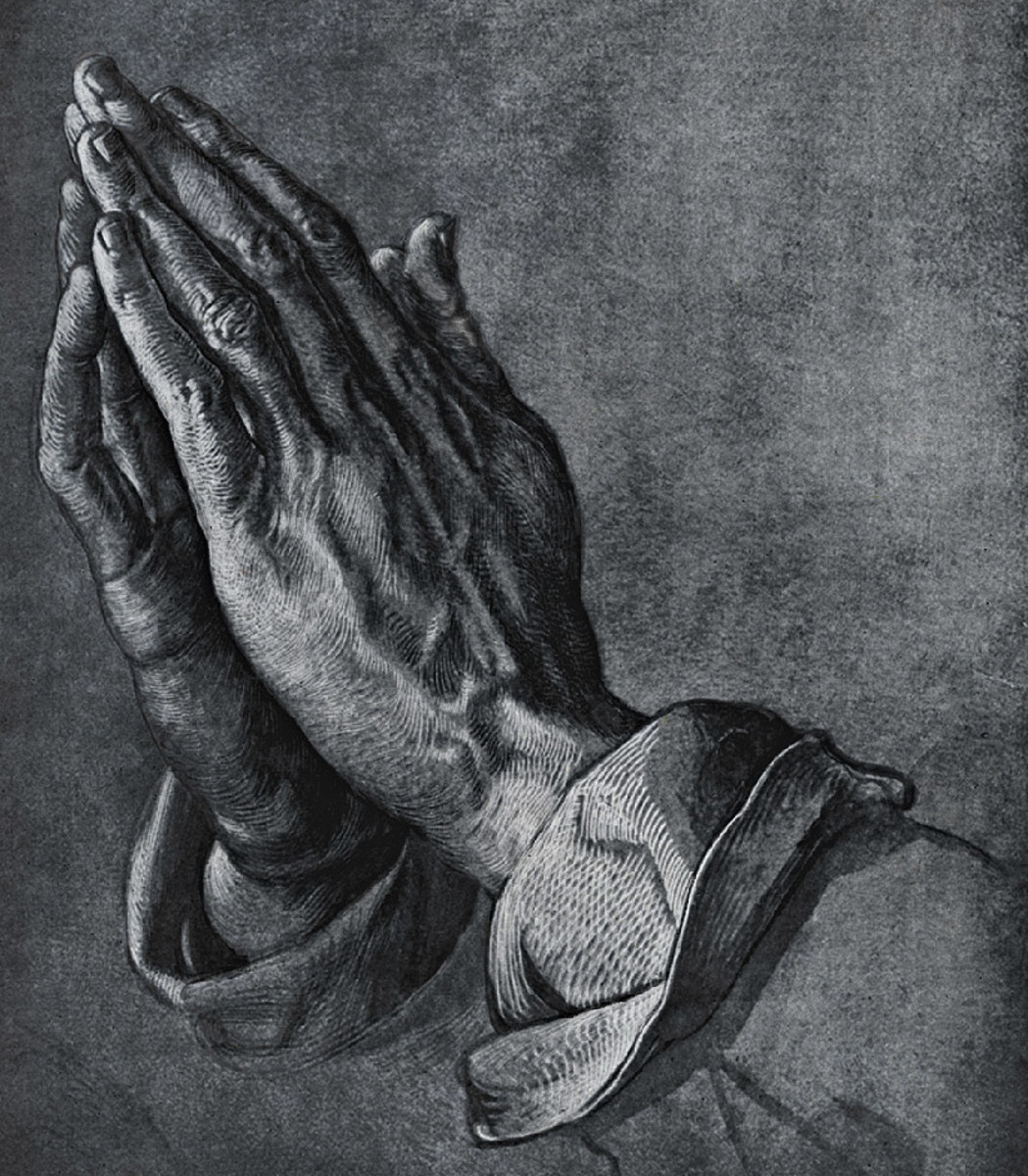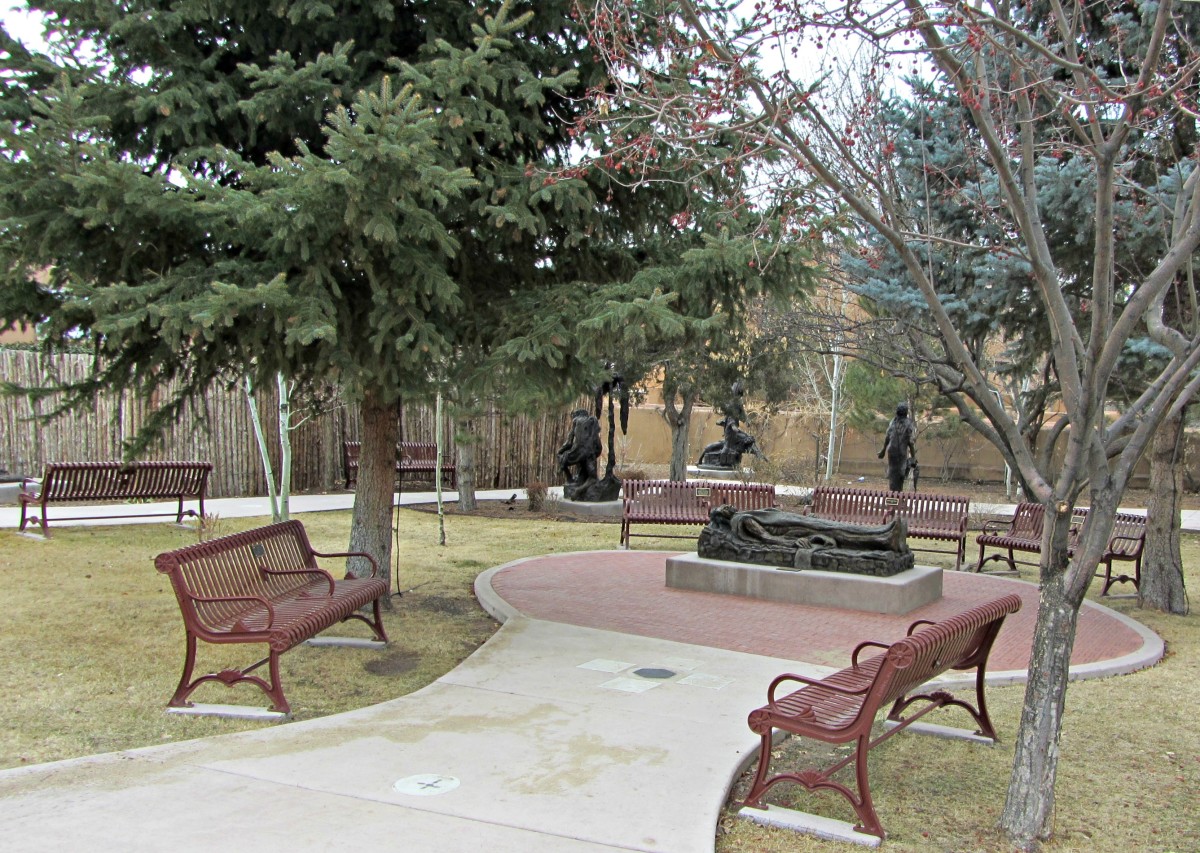Lords Prayer / Our Father in Old English (Anglo-Saxon), Early / Late Middle English, Early Modern English

Lord's Prayer / Our Father - an Introduction
Although we might think it, the Lords Prayer / Our Father has not always been as it is today.. Below you will find four versions from Old English through early and late Middle English to Early Modern English. The first version is pure Anglo-Saxon while the later versions show the incoming of a few alien words. Wycliff was responsible for temptation and Tyndale for trespasses and both agreed on the use of the Hebrew Amen.
The authorised version, completed in 1611, followed Tyndale closely throughout the New Testament and those parts of the Old Testament that Tyndale had completed. King James's bishops were working on this task at the peak of the English language. Their understanding of the music of words was natural in an age when transfer of information was by word of mouth in poems and verse. The result of utilising Tyndale and Wycliff was that the language was old-fashioned even at that time, but had enough merit for it to be adopted.

Many of the most familiar Bible passages are Tyndale's work. Like Cramer, who composed the English Prayer Book, he made an immeasurable contribution to the language - and both were burnt at the stake for their troubles. How heretical words can be!
As to the spellings of these versions of 'Our Father', it should be noted that Old English had some distinctive letters for a few sounds, for example 'th' that is reproduced here as 'ð'. It had no 'v', as in 'heofen '. When 'v' was introduced by the Normans it was used interchangeably with 'u' and was a bit of a hindrance for several centuries (as you will see in Wycliff's version below).

A long 'a' in Old English has over the centuries become a modern 'o' and the Old English swa is the ancestor of our 'so' (the 'w' having been suppressed to silent as it has in 'sword'). At a very early date the emphatic 'all so' was concatenated into 'also'. A further contraction produced 'as'. Interestingly these have all survived the passing of time as separate words which are used variously, our contemporary expressions 'so also', 'as also', 'so as' all springing from the old 'swa '.
Translations from different periods illustrate some of the changes in the language.

Lord's Prayer / Our Father in Anglo-Saxon
Lord's Prayer / Our Father - Old English Version
The text below is from a tenth century translation of St. Matthew's Gospel:
Fæder ūre, ðū ðē eart on heofonum,
Father our, thou that art in heaven,
Sī ðīn nama gehālgod.
be thy name hallowed.
Tō becume ðīn rice,
Come thy rule,
Gewurde ðīn willa On eorþan,
Be done thy will in earth,
swā swā on heofonum.
as also in heaven.
Urne gedægwhamlīcan hlāf syle ūs tōdæg..
Our daily loaf give us today.
And forgyf ūs ūre gyltas,
And forgive us our guilt
Swā swā wē forgyfaþ ūrum gyltendum.
as also we forgive our guilty ones.
And ne gelæd ðū ūs on costnunge,
And not lead thou us into trial,
ac alȳs ūs of yfele. Sōþlice..
but release us from evil. Soothly.
[gedæg / wham / līcan = day / each / like i.e. daily]
[costnunge = costing i.e. evaluating or testing]

Lord's Prayer / Our Father - Early Middle English Version
This version of the Lord's Prayer is from Reliquiae Antiquae of the thirteenth century:
Fader oure that art in heve
i-halged bee thi nome.
I-cume thi kinereiche,
Y-worthe thi wylle also is in hevene so be on erthe.
Oure ich-dayes bred gif us to day,
& forgif us our gultes,
also we forgifet oure gultare,
& ne led us nowth into fondingge,
auth a-les ows of harme. So be hit.
This is still close to the Old English version but you will note that the word order is changing, inflexions are weakening and the spelling is erratic.
[kinereich e = king-ric Cf bishopric.
ich = each
gultes = guilt
fondingge = foolishness ( a bad translation that did not last)
a-les (Old English a-lys ) is part of the word 'loosen', to set free]

Lord's Prayer / Our Father - Late Middle English Version
The Lord's Prayer of late Middle English is from Wycliff's New Testament of the fourteenth century:
Our fadir that art in heuenes,
halwid be thi name.
Thi kyngdom cumme to.
Be thi wille don as in heuen and in erthe.
Gif to vs this day ouer breed oure other substances,
and forgeue to vs oure dettis
as we forgeue to oure dettours,
and leede vs nat in to temptacioun,
but delyuere vs fro yuel. Amen.

Lord's Prayer - Early Modern English
This version of the Lord's Prayer in Late Middle English is from Tyndale's Teastament of 1526:
O oure father which art in heven,
halowed be thy name.
Let thy kingdom come.
Thy wyll be fulfilled, as well in eth
as hit ys in heven.
Geve vs this daye our dayly breade,
And forgeve vs oure treaspases
euen as we forgeve them which treaspas vs.
Leede vs not into temptation,
but delyvre vs from yvell. Amen.

Lord's Prayer by 2 Year Old
Lord's Prayer - Other Versions
This article is not intended as a comprehensive indulgence in the Prayer itself but rather a brief examination of how language has evolved the form of the Prayer. For a much greater examination of the Prayer there is none better than that in Wikipedia.
You will note from this article and that on Wikipedia that our current versions are not necessarily as was originally intended and that time has a major influence on the language of all subjects.









